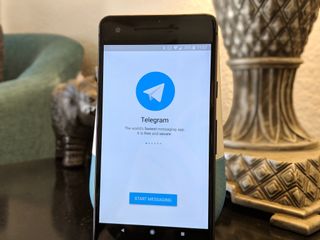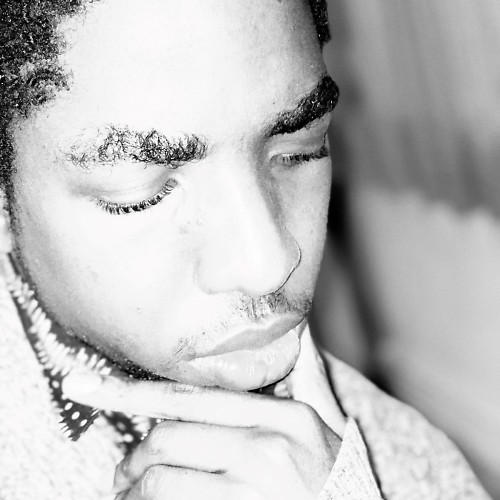Telegram just copied Discord's voice chat feature

What you need to know
- Telegram today announced Voice Chats, described as a "persistent conference call" for groups.
- It's the same concept as Twitter's Audio Spaces or Clubhouse.
- Founder Pavel Durov also shared plans to monetize the app going forward.
Telegram today rolled out a powerful new update, improving an underrated part of messaging app experiences — voice chats. Previously, you could send voice notes, just like alternate messenger apps offer. That's still there, but it's getting turned up to 11 in groups. From today, Telegram is adding a new feature to group chats known as Voice Chats. Described as a "persistent conference [call] that members can join and leave as they please", it's one of the biggest updates to the messaging app all year.
Telegram groups get a new dimension with Voice Chats – persistent conference calls that run in parallel to existing text chats. Voice Chats add a live layer of ephemeral talk to the group and can be used as informal lounges or virtual office spaces.https://t.co/08dyFMWok6 pic.twitter.com/13XcszUzobTelegram groups get a new dimension with Voice Chats – persistent conference calls that run in parallel to existing text chats. Voice Chats add a live layer of ephemeral talk to the group and can be used as informal lounges or virtual office spaces.https://t.co/08dyFMWok6 pic.twitter.com/13XcszUzob— Telegram Messenger (@telegram) December 23, 2020December 23, 2020
It's similar in concept to Discord, Clubhouse, and Twitter Spaces, and is essentially Telegram hopping onto a growing trend before other "big names" can do so. Voice Chats can host up to several thousand people, allowing for a really large group call.
Telegram is focusing on the audio aspect of this for now, but substantial changes are planned in future releases to differentiate it from its audio-first competitors:
Like Telegram groups before them, we hope that Voice Chats will change the way people collaborate and keep in touch. In the coming weeks, we'll be refining them further, listening to your feedback, improving noise suppression, and adding more features like video and screen sharing On Android, Telegram has added a system-wide floating widget so you can keep using Voice Chats even when you're in another app.

Telegram has also made improvements to file storage on Android, enabling users to move telegram app data between their built-in phone storage and their SD card for users with phones who support SD cards. There are also new animations app-wide, new stickers, and new emoji, you can see the full list of changes here.
These updates, while a marked improvement to an already good app, aren't the most notable thing about Telegram this week. Founder Pavel Durov announced his intention to begin to monetize the app. Pledging not to sell out to Facebook or other big companies, instead, he pre-announced a series of non-specific paid features that would be coming for power users and business teams alike. Durov also committed to no ads, at least on messaging screens. He left in the option of ads being displayed in menus similarly to Facebook Messenger.
Writing in a blog post shared on Telegram, Durov said:
If Telegram starts earning money, the community should also benefit. For example, If we monetize large public one-to-many channels via the Ad Platform, the owners of these channels will receive free traffic in proportion to their size. Or, if Telegram introduces premium stickers with additional expressive features, the artists who make stickers of this new type will also get a part of the profit. We want millions of Telegram-based creators and small businesses to thrive, enriching the experience of all our users.
Durov says that these changes will ensure that Telegram will remain free forever for regular users, but that's a promise that's going to be hard to keep. As many users of formerly free services know, forever is a very long time.
Be an expert in 5 minutes
Get the latest news from Android Central, your trusted companion in the world of Android

Telegram
An excellent messaging app that keeps getting better, Telegram is the WhatsApp competitor that you should be using. With slick animations and a lovely design, it's an experience you'll enjoy if your friends are already on the app.

